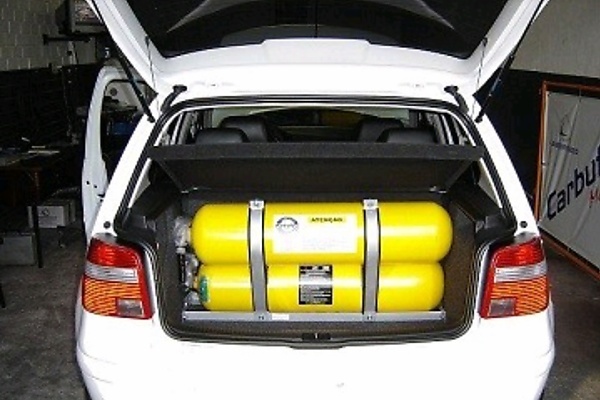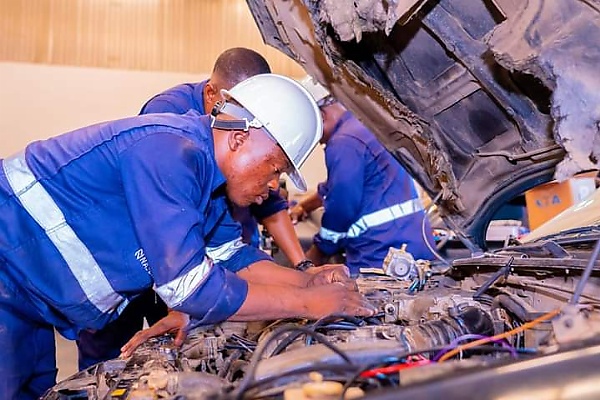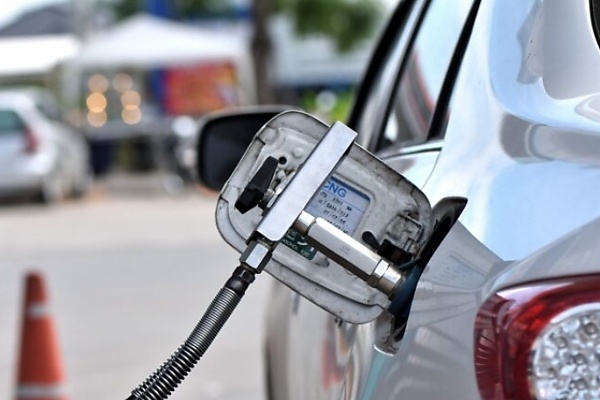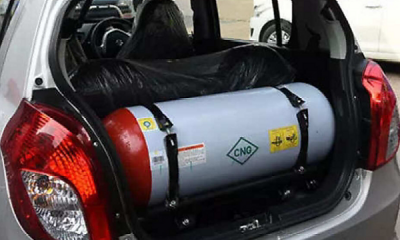News
Here Are Frequently Asked Questions About Compressed Natural Gas (CNG)
-

 News5 days ago
News5 days agoOfficial Cars Used By Muhammadu Buhari During His Rule As Nigerian President, Military Head Of State
-

 News1 week ago
News1 week ago‘So What?’ FCT Minister Wike Defends Use Of Rolls-Royce Ghost, Said He Used Mercedes-Benz As A Student
-

 News1 week ago
News1 week agoThrowback : Michael Ibru Poses With His Bugatti-style ‘Panther De Ville’ – Britain’s Most Expensive Car At The Time
-

 News6 days ago
News6 days agoNASENI CEO Meets With Chairman Of Chery In China To Explore Partnerships On EVs, Local Assembly
-

 News6 days ago
News6 days agoNew Bentley Bentayga Speed Sets New ICE-powered SUV Hill Climb Record At Goodwood Festival of Speed
-
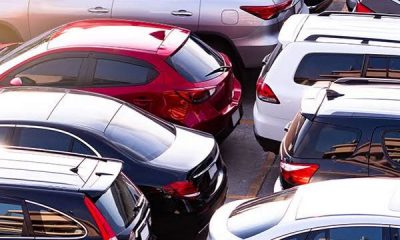
 News5 days ago
News5 days agoBank Fraud: Court Orders Final Forfeiture Of 9 Luxury Cars, ₦326.4m, $480,000 To FG
-
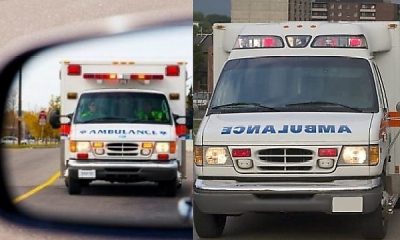
 Car Facts4 days ago
Car Facts4 days agoWhy “AMBULANCE” Is Spelled Backwards Like “ECNALUBMA” In The Front Of Emergency Vehicles
-

 News1 week ago
News1 week agoMenacing Range Rover SV Black Arrives As The Darkest And Stealthiest Range Rover Ever Created

